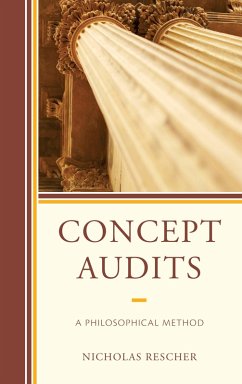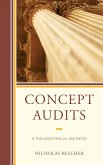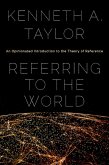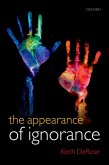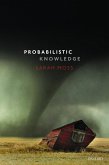Concept auditing is based on an innovative premise for philosophers: when they address an everyday life conception on the order of knowledge, truth, justice, fairness, beauty, or the like and purport to be dealing with what it involves, then they must honor the existing meanings of these terms. And insofar as the prevailing meaning is being contravened, they must explain how and justify why this is being done. They must, in sum, explain how their treatment of a topic relates to our established pre-systematic understanding of the issues involved and relate their deliberations to the prevailing conception of the matter they are proposing to discuss. The aim of a concept audit is to consider to what extent a given philosophical discussion honors this communicative obligation. Concept Audits sets out not only to explain and defend this procedure, but also to consider a host of applications and exemplifications of these ideas. Nicholas Rescher shows how this method of conceptual auditing can function to elucidate and evaluate philosophical theses and doctrine across a wide spectrum of issues, ranging from logic to ethics and metaphysics. Accordingly, he explains and illustrates an instructive innovation in philosophical method. This new study of philosophical methodology presents its method in a clear and convincing way and shows the method at work with respect to a wide spectrum of important philosophical issues.
Bitte wählen Sie Ihr Anliegen aus.
Rechnungen
Retourenschein anfordern
Bestellstatus
Storno

